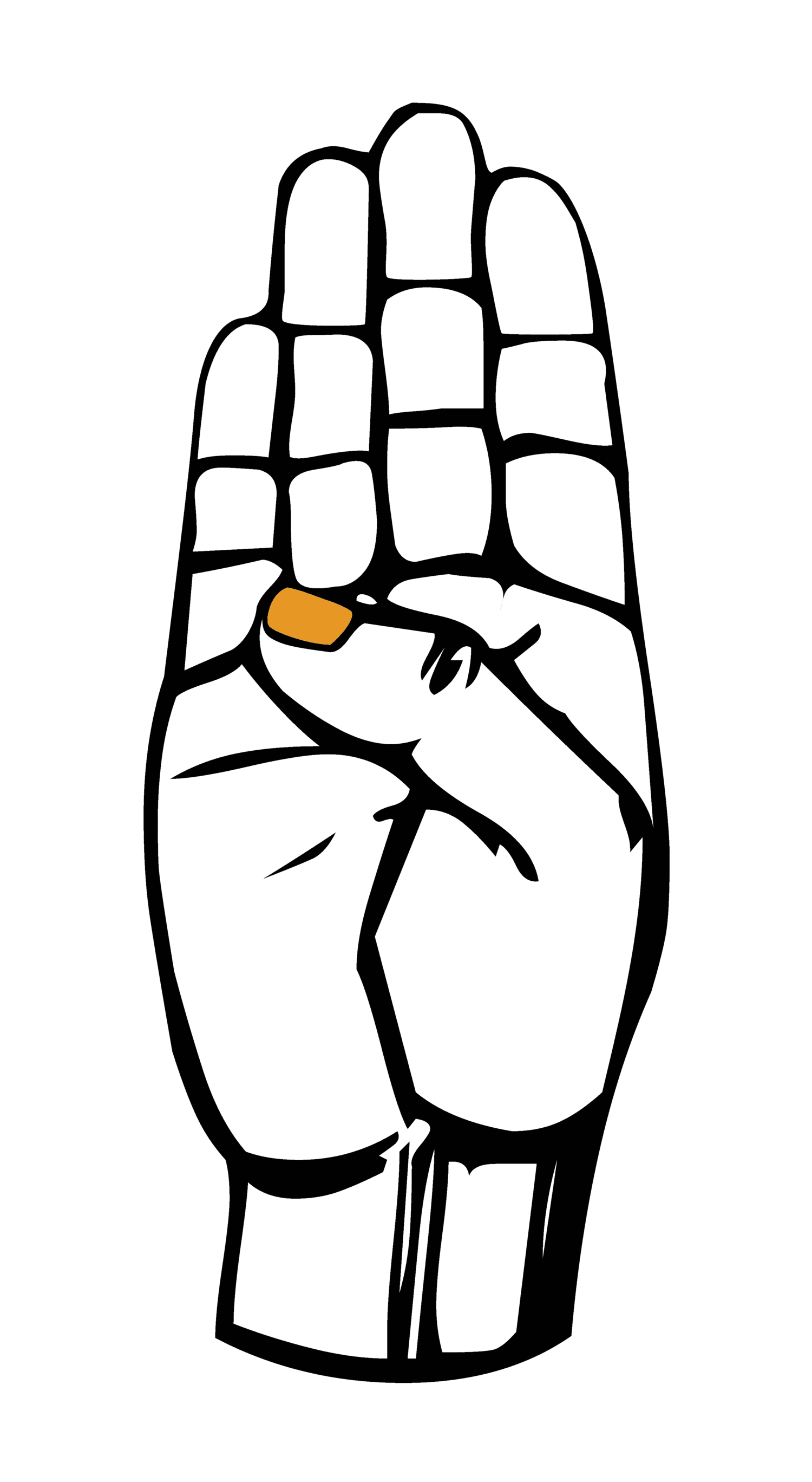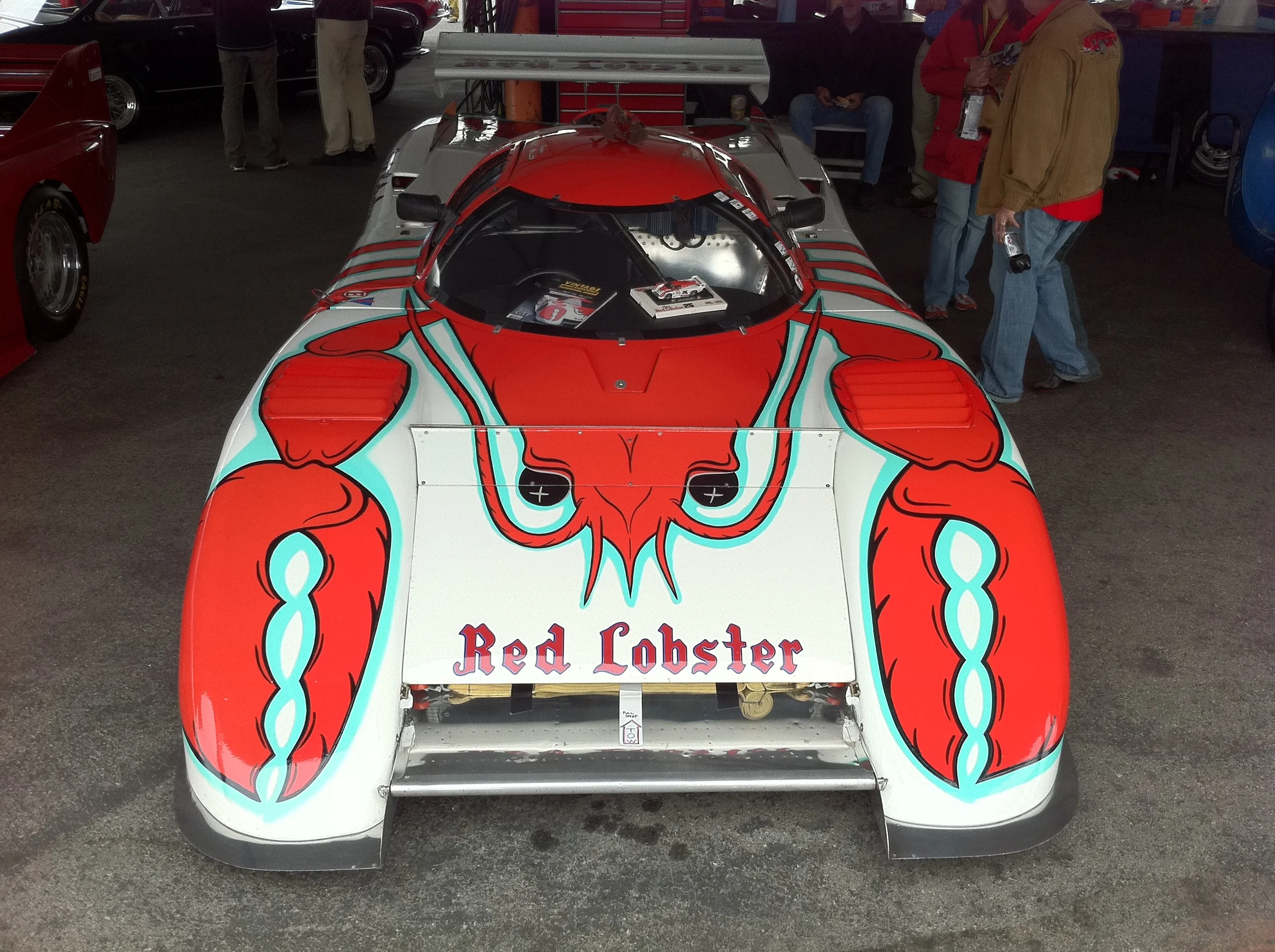David W Lynch – Artist's Statement
/Guatemala: The Painful Beauty
In 1987, nearly half my life ago, I began to take photographs. I was living in my first home in New England. Initially, I cfoncentrated on landscapes and portraiture using medium format film cameras.
Even as I was connected to my birthplace, I felt dissatisfaction and recognized a hunger within myself for photography that would reach more truthfully to my emotional core. My longing for something more substantial and passionate was inspired by the likes of social documentarian Sebastião Salgado and filmmaker, Marcos Prado. Their work spoke to me as did that of other artists and poets whose vision, words and courage continue to inspire my work. I was deeply moved by Salgado’s rich black and white photos of impoverished gold miners in Serra Pelada, Brazil. Salgado captured how they lived and worked in squalor on a sea of mud in hopes for a better life. Prado’s work as a visionary cinematographer, Flor Garduñor’s revealing photo-documentary work and always the rich images in Dylan Thomas and Pablo Neruda were early sources of my inspiration.
These were people at the height of their own life’s work, passionately creating because it was the only thing they could do. These artists whose work captured the poignancy of lives shaped by pain and beauty caught my attention and it has lived within me every day as fundamental to who I am. Over time, because of these mentors, I came to understand the ability of the artist to educate others, to open hearts to our common humanity and to create change with honest dialogue. With photography as my medium, I was determined to become that artist who could spark change.
In early 1992, my life was forever altered with a defining one year stay in Guatemala far from everything I knew which, in time, became exactly what I wanted. The challenges I faced living and photographing in Central America were immense and they began to shape me as an artist. Eventually, my main subjects became the working class laborers—sugar cane, coffee, corn, and all the intrinsic elements of the agrarian society: family, religion and the marketplace.
I was profoundly moved by the deep sense of pride and dignity people shared and the importance they placed on treasuring life in the face of extreme economic and social injustices. My goals became clear-to give my subjects their humanity and voice, and to create work to inspire audiences to become compassionate witnesses, opening their eyes to other’s suffering and courage.
My time in Guatemala was the inspirational platform charting my future. It solidified my relationship to my artistic work and my perceptions as to what matters most in this complex world. The value and trust I placed in my photography and its potential significance to honor what is most decent and dignified in marginalized people was forever changed and thus I too was changed.
Much of the time it was difficult and heartbreaking for me to witness the extreme circumstances people faced on a daily basis and the traumatic effects from a brutal civil war. The conditions forced on civilians took countless lives of indigenous people. Many would migrate to overcrowded cities already on the edge of crisis deep in worlds of broken infrastructure.
These visual stories, that are now an integral part of my life, challenge me to reconcile the ever present flux of hope and light with darkness and despair. I tell the stories of these precarious lives with all of their dignity and suffering to record what I know as the truth: hope, sorrow, love and struggle—lives on the edge, yet filled with more strength and beauty than I find anywhere else.
My deep love for social documentary has remained unwavering, and my only goal is to continue working, to challenge myself, and to educate and inspire others.
David W. Lynch, 2018
Lynch's kit-buit camera: Schneider lens and Mamiya 6x9 film back.


